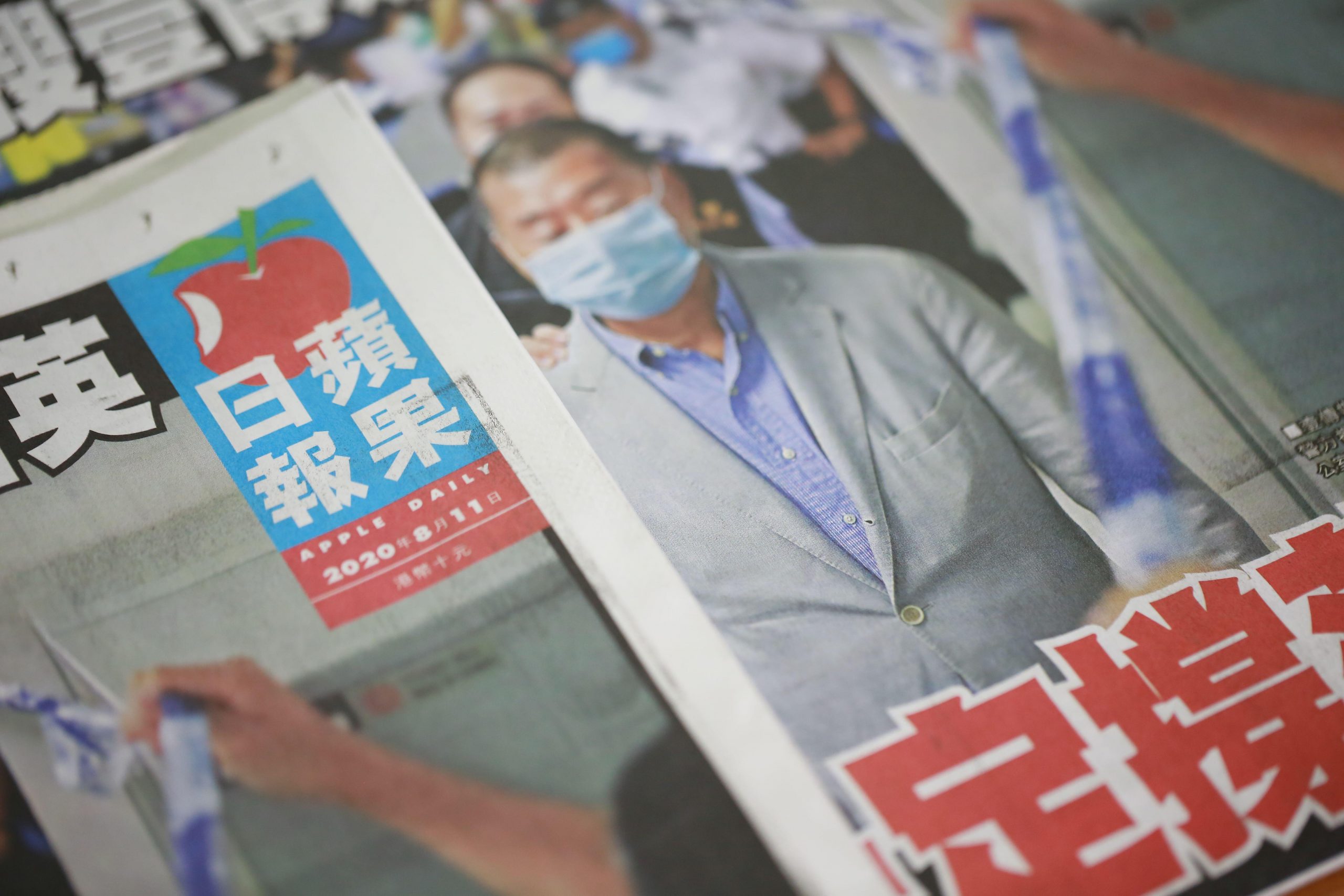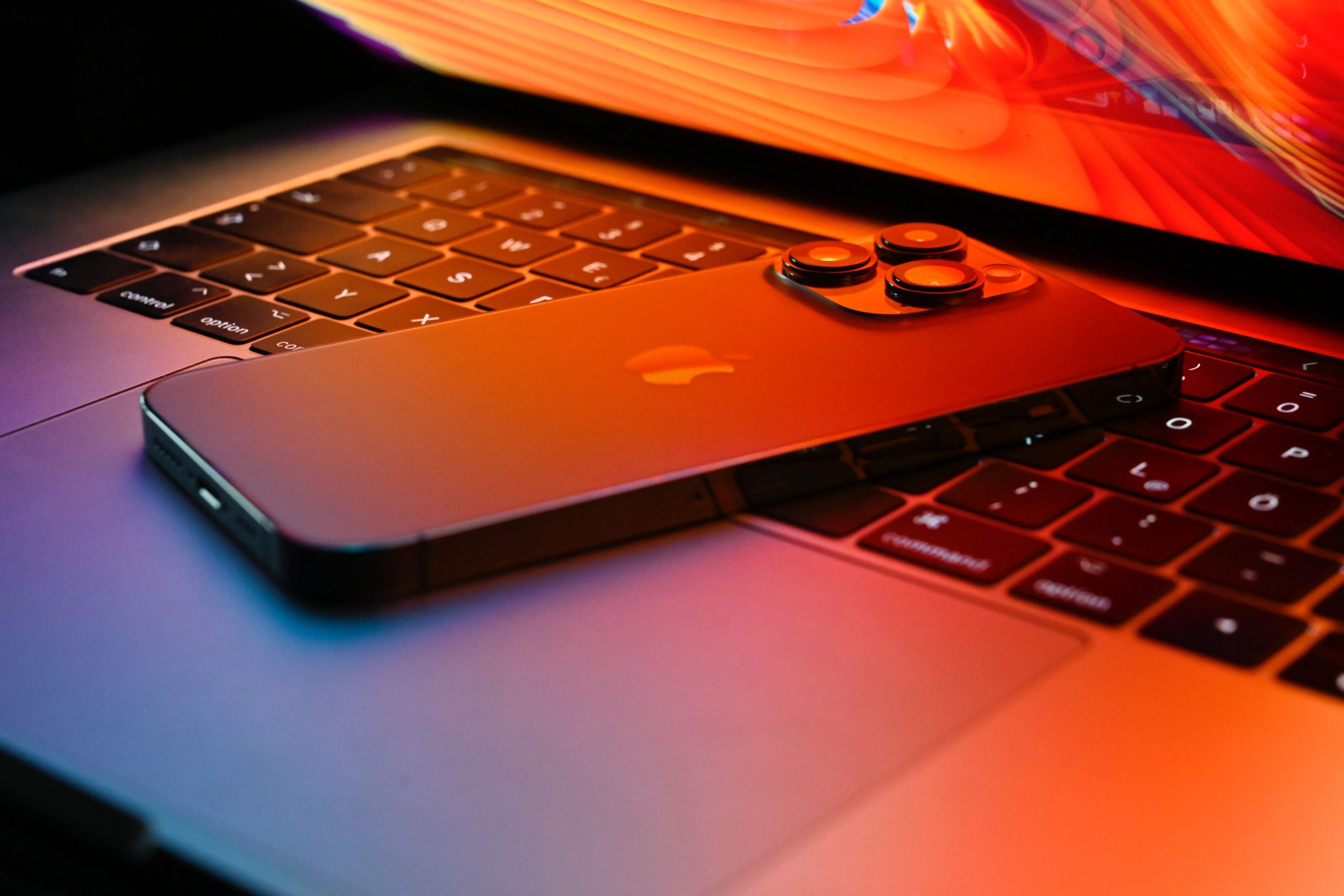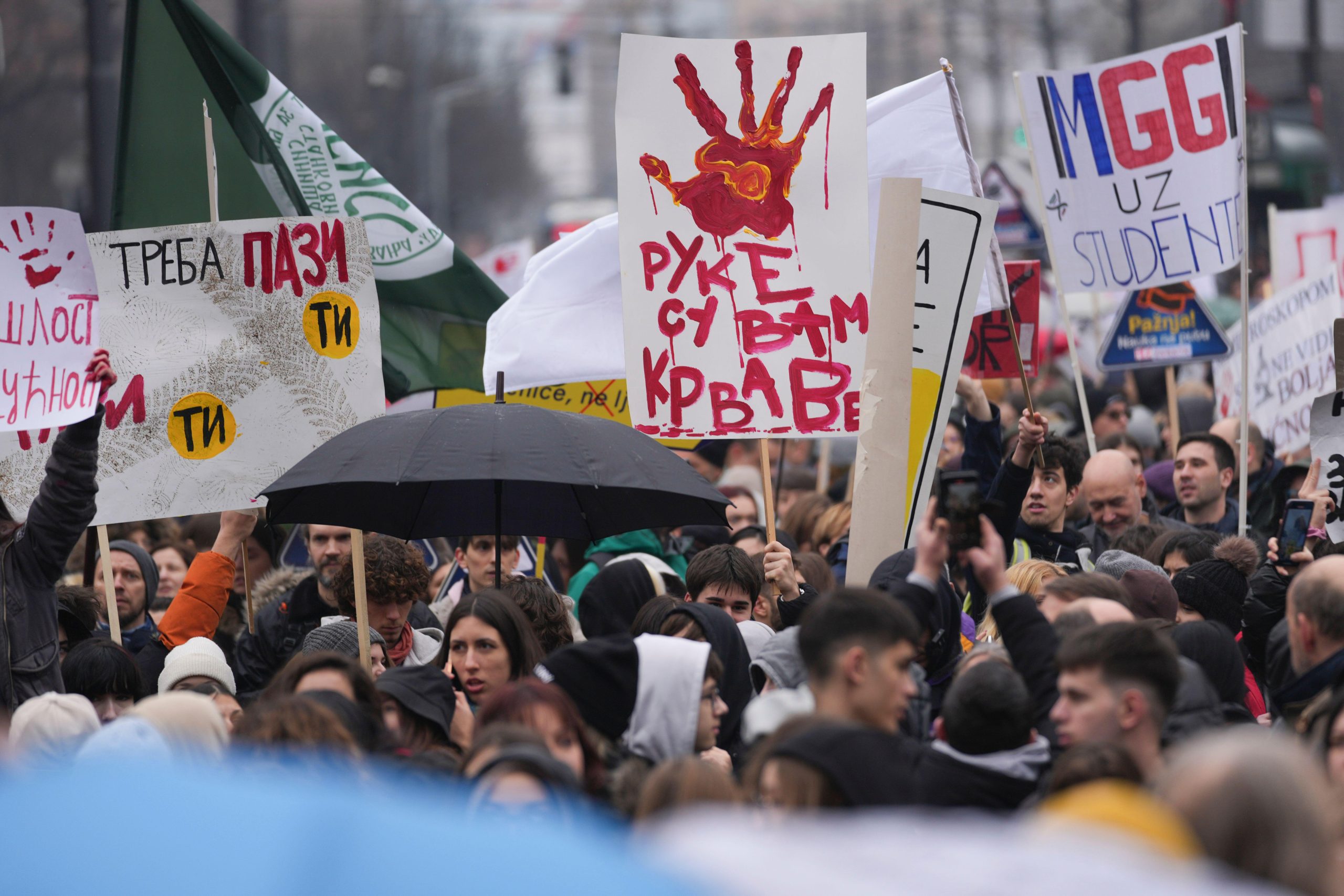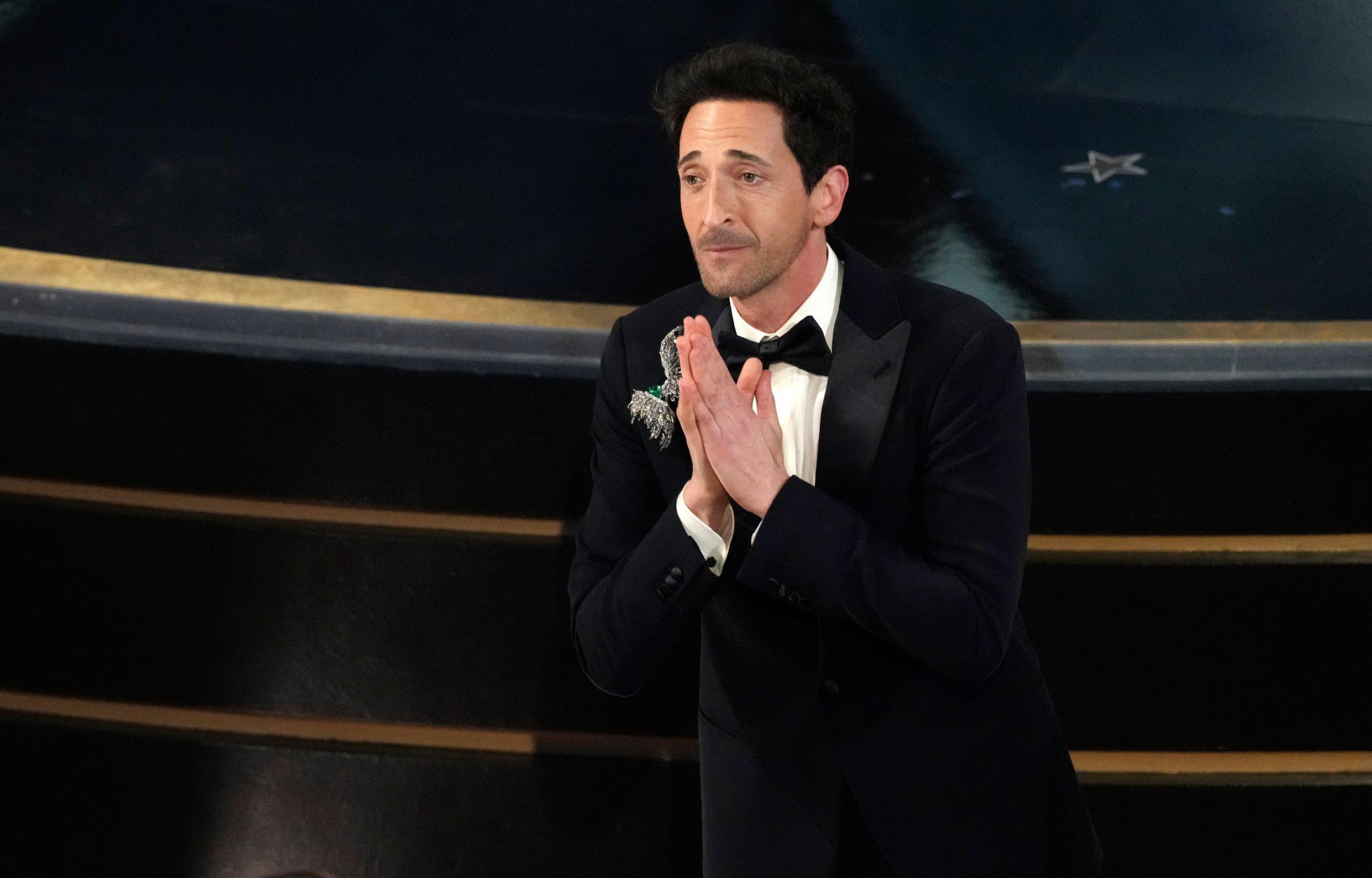[vc_row][vc_column][vc_single_image image=”116952″ img_size=”full” add_caption=”yes”][vc_column_text]Ten months after the arrest of Next Digital founder Jimmy Lai and a massive raid at the group’s headquarters in August last year, the Hong Kong Police’s national security department launched a bigger strike against the Apple Daily, the group’s major publication, last Thursday (17 June).
They were alleged of colluding with foreign forces, one of the crimes under the national security law (NSL).
It marks the beginning of the end of the beleaguered newspaper founded by the controversial businessman in 1995. Hit by a government freeze on its bank accounts, the Next Digital’s board of directors said after an emergency meeting on Monday the newspaper will cease operation on Saturday unless the Government releases assets frozen.
Staff were allowed to leave immediately without giving prior notice. As this article went to press, its online operation was largely shut down.
The imminent demise of the media group, inaugurated with the launching of its flagship newspaper Apple Daily in 1995, will deal a body blow to the city’s press freedom.
More importantly, it signifies the deplorable failure of the Chinese Communist Party in honouring its promises to Hong Kong people and the world under the “one country, two systems” policy.
The troubled daily plunged into a deeper crisis after the Government launched the second, now fatal, strike on Thursday. Five top executives and editors were arrested. They were alleged of colluding with foreign forces by the publication of dozens of articles on their newspaper and online platform. Details of the articles have not been revealed.
On the same day, the Police’s national security department sent more than 500 officers to raid the newspaper’s headquarters. They took away more than 40 computers from the local news section.Security minister John Lee warned citizens and staff to “cut ties with these criminals,” referring to the newspaper.
The newspaper’s publisher, Cheung Kim-hung, and chief editor Ryan Law, were formally charged on Saturday. Their bail request was denied.
The other three executives were released on bail late Friday. Deputy publisher Chan Pui-man, who is one of them, has vowed to keep publishing.
Beginning in the early hours of Friday, readers snapped up copies of the newspaper to lend their support – and to say no to the authoritarian rule of the Government.
Half a million copies were sold like hot cakes. It was a scene reminiscent of the mass-buying in August following the arrest of Lai and the raid.
This “people power” will not be able to rescue the newspaper against the enormous power given to the national security organ under a law with almost zero checks and balances – even by the judiciary.
Invoking the NSL to take journalists to court for the first time, the case stoked fear of penalising journalists for “speech crime”, which is not uncommon in Communist-ruled China, but is rare in Hong Kong.
The confiscation of journalistic materials during the latest raid also set a damaging precedent. It will seriously shake public confidence in the protection of sources of information by reporters. Citizens will become more reluctant in talking to journalists, not to mention revealing sensitive information.
When the provisions of the NSL were announced about one year ago, journalists voiced their concerns about the profound ramifications on press freedom. That Lai and the Apple Daily have long been seen as a hostile force by the Government and Beijing is an open secret.
Ignited by an extradition bill in 2019, the prolonged months-long protest that was followed by foreign sanctions against top officials in the two governments has prompted the party leadership under Xi Jinping to harden their strategy towards dissenting voices in Hong Kong.
First came the NSL. Then a revamp of the election system. Democrats were arrested and prosecuted en masse. Dozens of them are either in jail after being convicted of other charges or are being held in custody.
On the media front, it is hardly surprising the government-run Radio Television Hong Kong and the Apple Daily have emerged as the immediate targets of a clampdown on press freedom.
The swiftness and ruthlessness of the use of harsh laws and powers have caught many by surprise.
Government officials have sought to allay fears among journalists by saying those who are engaged in “normal journalist work” have nothing to fear.
Speaking at a weekly press briefing on Tuesday, chief executive Carrie Lam rejected criticism that the move was a suppression of press freedom, but ducked the question “what is normal journalist work?”
“I think you are in a better position to answer that question,” she told reporters.
With the NSL taking effect nearly one year ago on 30 June 2020, Lam gave a clear message that they will not soften their approach in upholding national security, at least in the foreseeable future. “We won’t let this law be treated as if it doesn’t exist.”
With Apple Daily closing down, journalists have begun to ask “who’s next?”[/vc_column_text][/vc_column][/vc_row]





